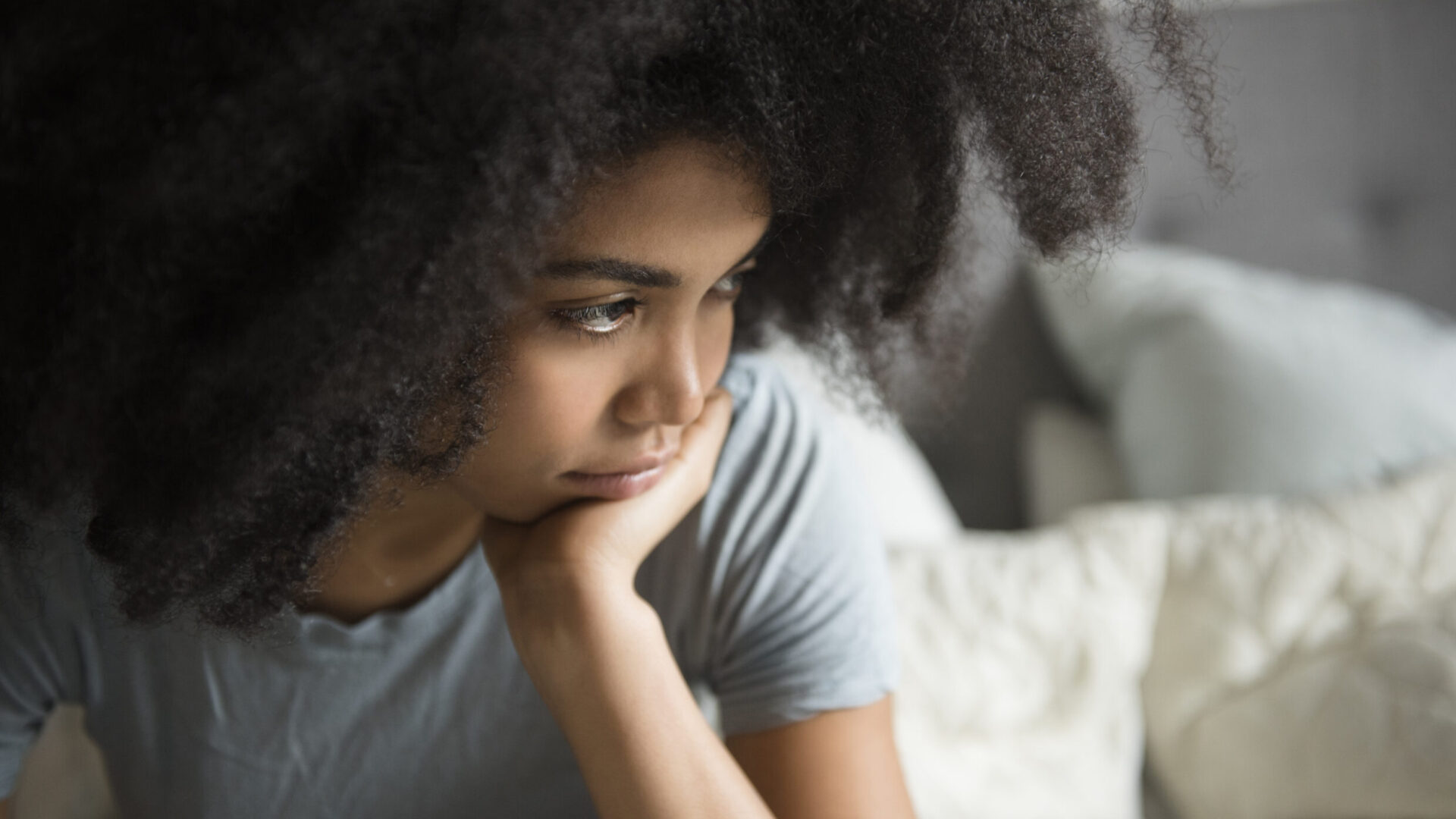
New research from the Mental Health Foundation suggests Black people are more likely to experience loneliness than other groups. Social inequality and racism were cited as fuel for loneliness in the Black community.
The study was conducted in the United Kingdom, but many Black people in America can resonate with the stifling, and unspoken hints of unwelcomeness in less diverse work spaces specifically. Spokesperson Marwah El-Murad describes this as “being othered”. Many Black people regularly withhold their sense of humor, downplay their sense of style, or even hold back their general thoughts at work for fear of being misunderstood. They are also prone to being described as “aggressive,” or “overly sensitive” employees after just merely expressing themselves.
The data also implied that parenting, and the lifestyle shift it comes with, may trigger isolation. Many parents, especially mothers, make massive changes to their social circles and routines. They may have their little person with them 24/7, but lack connection with other adults. Social stigmas centered around single parenting also come into play for black parents looking to combat feelings of isolation. The unvoiced sense of shame and judgment either coming from themselves, or projected from others, tends to keep many black parents from strengthening social bonds within their own community.
Additionally, one in three Gen Z-ers revealed they deal with feeling lonely. This is undoubtedly connected to the swelling teen mental health crisis.
Loneliness can be worked through by creating community. So, seek out those with similar interests online and in person. Bask in self-love, and practice regular positive self talk. According to the study, simple changes such as linking with friends can help significantly.